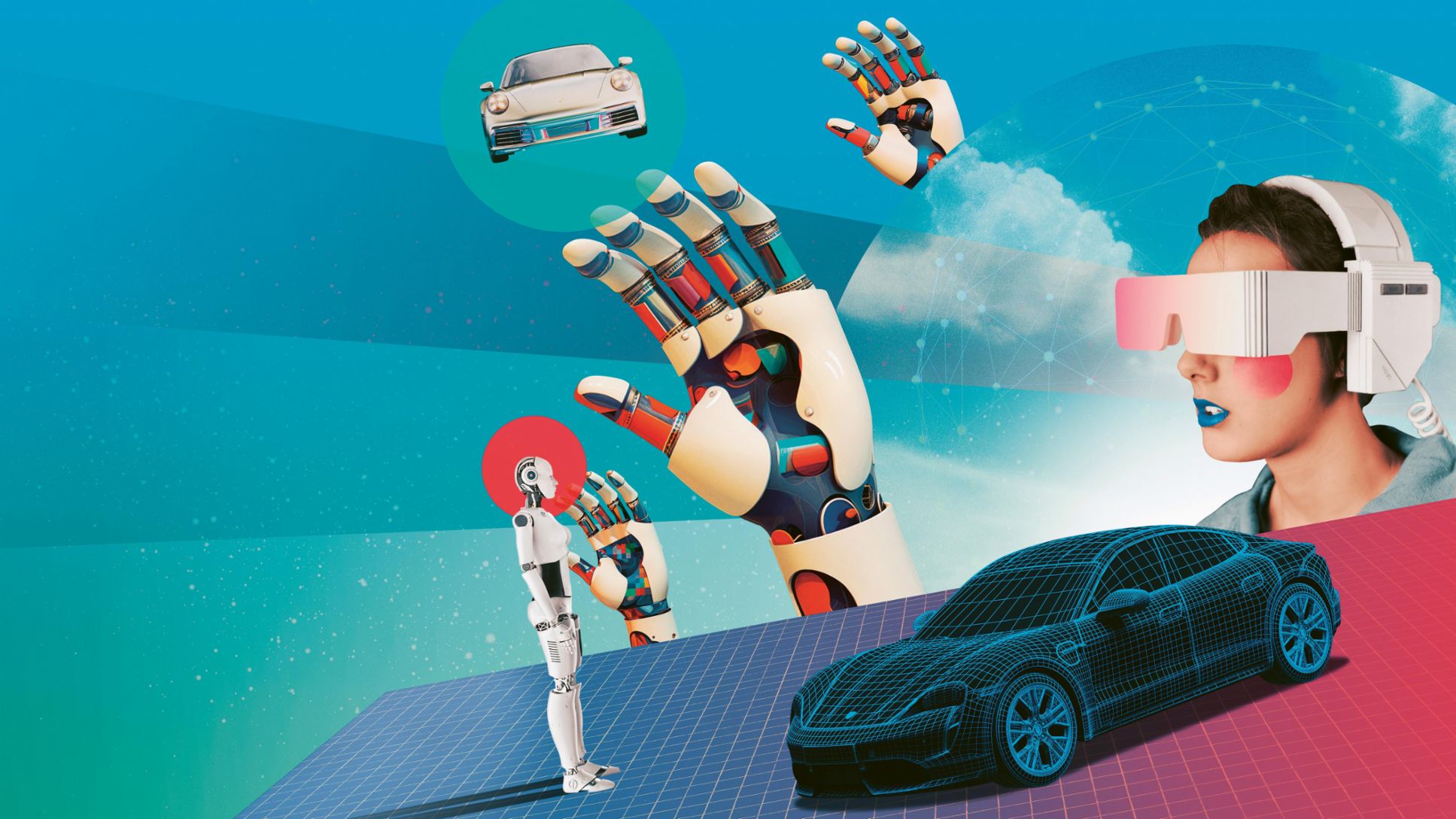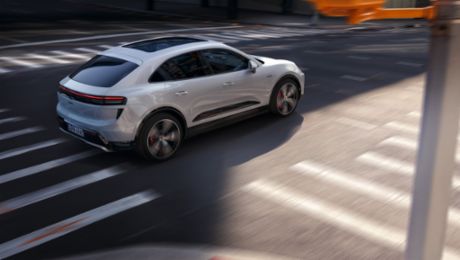If a number of visionaries from Silicon Valley were to have their way, we will soon be spending a large part of our lives in the metaverse. Equipped with VR glasses, in the future we might just live in virtual worlds, moving around as avatars, and communicating with the avatars of other people. The metaverse opens up entirely new possibilities for brand manufacturers: Why not sell digital twins of exclusive products in virtual stores, for example? The avatars of metaverse users could adorn themselves with sophisticated handbags, classy watches, or the latest sneakers to impress their avatar friends.
Automotive development too could also increasingly shift to the virtual world in the future. US chip manufacturer Nvidia, for example, is pushing its own metaverse under the name ‘Omniverse’. The Omniverse is touted to enable digital twins of factories, the training of robots in simulated environments, and live collaborations between developers across locations. This would make it possible to carry out—in full or in part—vehicle developments in the metaverse.
Working in virtual development departments on innovations future
Interior designers, for example, could design and test different interior variants in a virtual vehicle. Potential customers could say what they think of these ideas long before production starts. And development could keep progressing all the while. For example, vehicle development could be transferred entirely to a team of digital bots working in virtual development departments on innovations for the vehicles of the medium-term future. One thing is certain: Work in the metaverse will always require detailed digital twins with which simulated test drives, among other things, can be carried out during development.
Moreover, to simulate real environments for testing highly automated driving functions, Porsche Engineering has technologies and models that can be used to enrich the metaverse with realistic scenarios. These models could also be used to take virtual rides in the metaverse—for example, in a metaverse sports car that customers’ avatars could buy at the metaverse dealership. Thanks to blockchain technology, the vehicles would be non-fungible tokens (NFTs) that are every bit as exclusive as their real-world counterparts. In a few years’ time, Porsche enthusiasts might meet virtually for ‘Cars & Coffee’ to admire their respective digital sports cars and philosophize about life.
If things will ever come to that?
That will depend on how well consumers take to the virtual setting. For all their fidelity to reality, virtual environments are always models and answer questions that were posed in advance. Dynamic, physical, real-world experiences feel different. However, the fun that can be experienced in a virtual environment could certainly be real.
Info
Text first published in the Porsche Engineering Magazine, issue 2/2023
Text: Christian Buck
Illustration: Julien Pacaud
Copyright: All images, videos and audio files published in this article are subject to copyright. Reproduction in whole or in part is not permitted without the written consent of Dr. Ing. h.c. F. Porsche AG. Please contact newsroom@porsche.com for further information.


